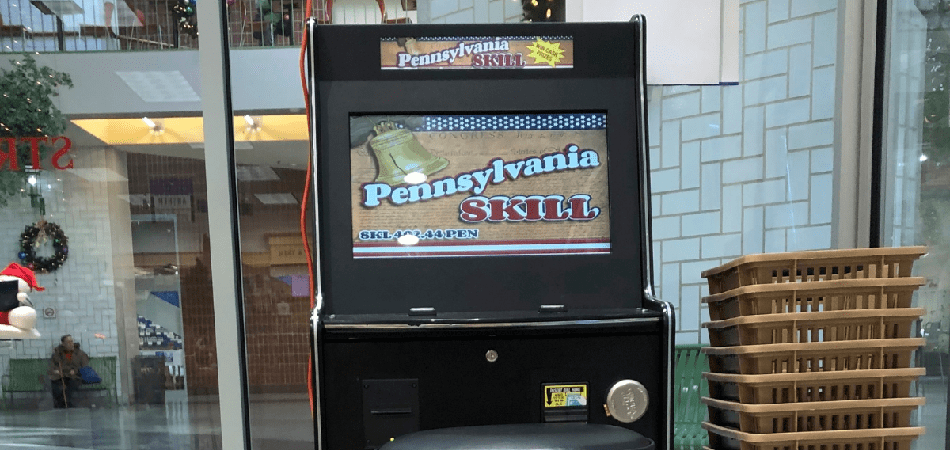

Pennsylvania Skill games, the slot machine-style gaming devices that have flourished in convenience stores, restaurants, bars, and retail outlets throughout the commonwealth in the last ten years, ought to be taxed and regulated, according to Pennsylvania Gov. Josh Shapiro (D).
On Tuesday, Shapiro presented his Budget Address for 2025-26 to the General Assembly and the citizens of Pennsylvania. The Democrat, who was bypassed by Kamala Harris last year for her running mate, with numerous political analysts suggesting that his Jewish faith may have played a role, is an emerging figure who is expected to consider a presidential bid in four years.
Currently, Shapiro manages the sixth-largest economy and the fifth-most populous state in the nation. Shapiro, the ex-attorney general of Pennsylvania, suggested a budget plan totaling $51.4 billion, with a tiny portion of the funding expected to arise from regulating the estimated 70,000 skill games running from Philadelphia to Pittsburgh.
Shapiro states that the state requires increased financial support to allocate another $500 million to the poorest schools in the commonwealth. He also aims to provide $290 million in additional funding to modernize the state's public transit agencies, boost student-teacher stipends, and establish a uniform tuition rate for cyber charter schools.
Pitch for Pennsylvania Skill Games
For the second year in a row during his Budget Address, Shapiro urged the legislature to send him legislation to regulate and tax skill games. The terminals urge players to spot winning paylines by tapping on matching reel symbols.
This year, Shapiro is recommending a significantly elevated tax compared to the 42% rate he presented for 2024. The governor is now seeking for Harrisburg to obtain 52% of the skill game earnings.
“Let’s solve more problems together, starting with regulating so-called skill games,” Shapiro told the General Assembly Republicans control the Senate, while Democrats have a one-seat majority in the House.
"If we want Pennsylvania to compete and win, we need to take some of the money going into those slots and put it in our state coffers so we can maintain our reserves and keep building on our progress,” Shapiro said. “These machines have no quality control for the customers and they’re punishing our seniors. Every time somebody puts a buck into one of those unregulated machines, it undermines the [Pennsylvania] Lottery and the critical services it funds for our seniors like prescriptions and meals.”
The Pennsylvania Lottery believes it has forfeited $200 million in revenue over the past five years because of skill games. The state-operated lottery mainly supports older residents of Pennsylvania.
The casino sector in the state claims that skill games have resulted in decreased slot winnings and a corresponding decline in tax revenue for the state. A significant portion of casino slot tax revenue is allocated to lowering property taxes for homeowners. It also funds horsemen, promotes economic growth, boosts tourism, and aids the local areas where the slot machines are located.
Skill Game Debate
Advocates of skill games claim that players can influence their payout rates, and thus these contentious gray games are not classified as gambling—or at the very least—are subject to the state's Gaming Act, which oversees casino slot machines, table games, sports betting, iGaming, and other sanctioned forms of gambling. Currently, the machines lack regulation regarding fair play, including a minimum payout percentage, protections against minors accessing the devices, and measures to prevent criminals from laundering money through these machines.
The skill game sector seeks regulation to alleviate those concerns and to continue delivering essential income for small businesses. Since the machines are not currently subject to taxation, the earnings are divided among the game manufacturer, route distributor, and hosting establishment.
Pennsylvania's tightly regulated commercial gaming sector argues that these games are clever devices that avoid the state’s gaming regulations. They also claim that the machines significantly detract from the revenue generated by their slot machines—privileges that have been obtained through expensive licensing fees of up to $50 million for a Category 2 facility and are subject to a tax of 54%-55%.
